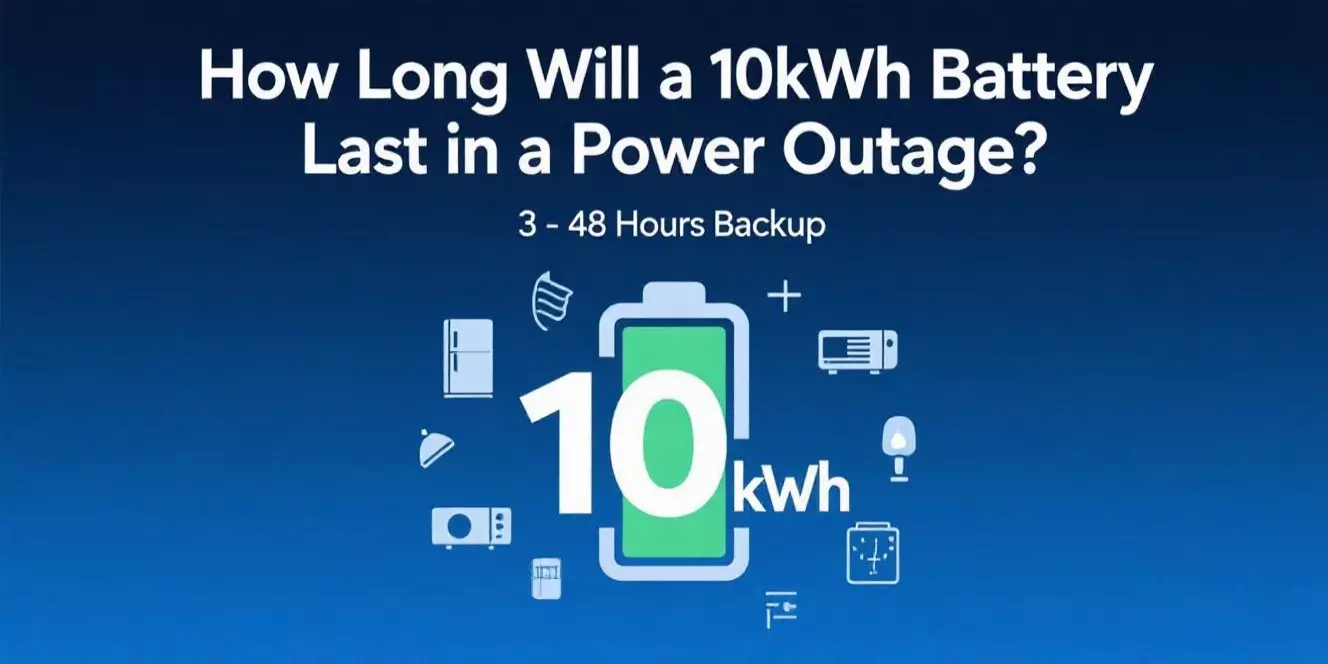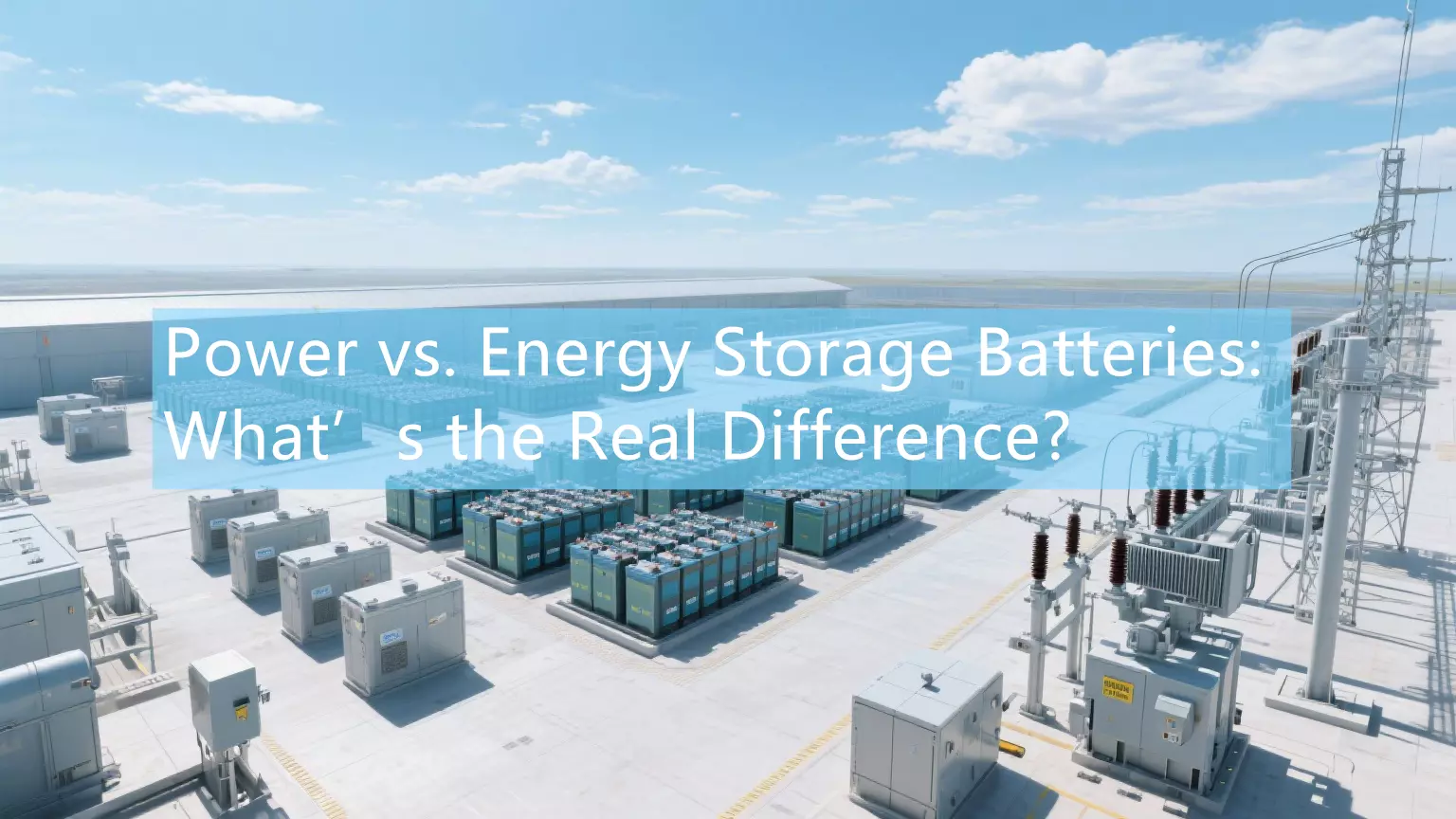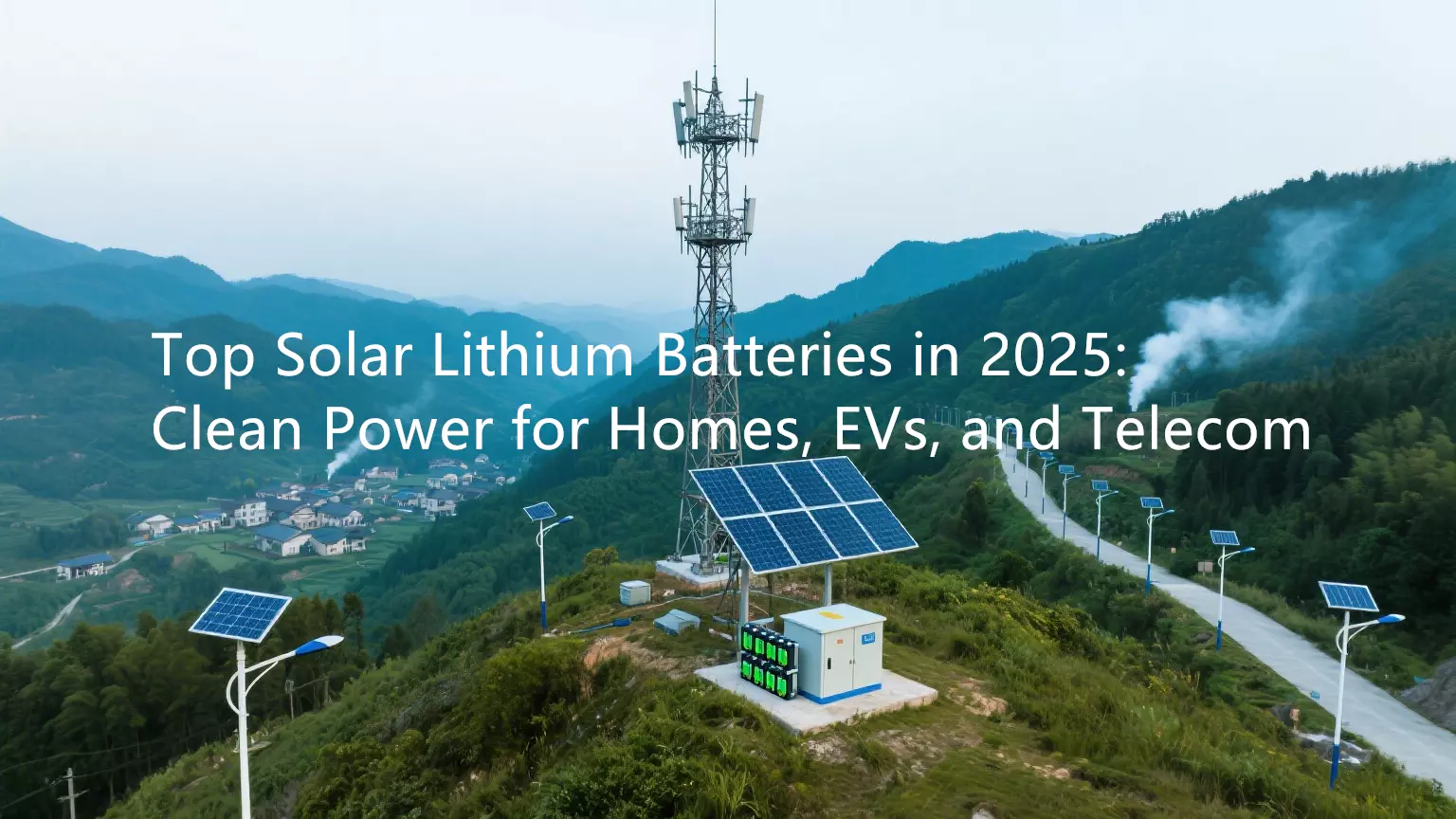Introduction: How is Solar Energy Turning into a Mainstream Energy Resource?
The world is undergoing a dramatic energy transformation and upgrading, and solar energy is rapidly becoming the driving force of this transformation. From off-grid lighting in remote villages to international airports operating 24/7, the adaptability and scalability of solar energy systems are reshaping the way the world uses energy. This article systematically outlines the key components of solar power generation systems, the latest technological breakthroughs, typical application scenarios, and future development trends, aiming to help users and investors ride the wave of green energy.

1. Solar Power Systems' Key Components and Tech Breakthroughs
1. High-Efficiency Solar Panels: From Silicon to Perovskites
The most common photovoltaic (PV) modules available in the market now are monocrystalline and polycrystalline silicon panels...breaking through theoretical limitations.
2. MPPT Smart Controllers: Efficient Even in Low Light
New controllers are equipped with Maximum Power Point Tracking (MPPT) algorithms...such as Southeast Asia and South America.
3. Energy Storage Systems: Overcoming Intermittency and Maximizing Use
Lithium iron phosphate (LiFePO₄) batteries are the mainstream product...mandatory part of solar power systems.
4. Inverters: The Smart "Translator" of Electricity
Inverters have evolved from basic DC-AC converters to intelligent grid-interactive devices...window into 24-hour solar power solutions.
2. System Types and Representative Application Scenarios
Off-grid Systems
An ideal suit for areas with no or unstable grid connection...even during an outage.
Grid-tied Systems
Widely used by urban households and businesses...through the sale of electricity.
Hybrid Systems
Combining grid tie and energy storage...installations.
3. Diversified Application Scenarios: From Reservoirs to Airports
| Scenario | Application Project | Notable Features |
|---|---|---|
| Floating PV | Yamakura Floating Plant (Japan) | Reduces evaporation, improves efficiency |
| Building-Integrated | Kaohsiung National Stadium (Taiwan) | Integrated PV + shading design |
| Infrastructure | Cochin Airport (India) | World's first solar-powered airport |
| Home Systems | Cuban residential case | Backup during outages, remote monitoring |
| Rural Distributed | China's Western "PV Poverty Alleviation" | Combines targeted poverty alleviation and energy coverage |
4. Economic and Environmental Value of Solar Systems
Economic Value: Module prices have fallen to 1/5 of 2010 levels...selling power, has been realized by projects such as the Kaohsiung Stadium.
Environmental Value: Saved carbon emissions per year are equivalent to millions of trees...model for green infrastructure.
Social Benefits: Offers local jobs, reduces health hazards from pollution, and enhances energy independence.
5. Future Trends: The Next 10 Years of Solar Power
Material Upgrades
- PPHJ heterojunction simplifies PV cell architecture
- PV5200 encapsulation films commoditize thin-film modules
- Novel absorbers like Sb₂S₃ bring in the era of high efficiency
Integrated Energy Systems
Hybrid wind-solar-hydro-storage systems in places like the Lancang River (China) and North Sea (Europe)...stability and controllability.
Smart Grid Integration
Virtual Power Plants (VPP) and energy arbitrage models...intelligent data collection and transmission.
Expansion in the Global Market
Japan, Germany, and China will introduce solar into tens of millions of households by 2030...a new stage of solar development.
Conclusion: Solar Power is Not the Future—It's the Present
Solar energy systems are now transcending individual tech breakthroughs to system-level revolutions. Driven by the triple imperatives of energy independence, carbon neutrality, and economic efficiency, the time for solar investing is now—regardless of whether you are a government, corporation, or residential user.
Don't wait—be part of the revolution. Start with a single rooftop panel and be part of the energy revolution that's changing the world.





